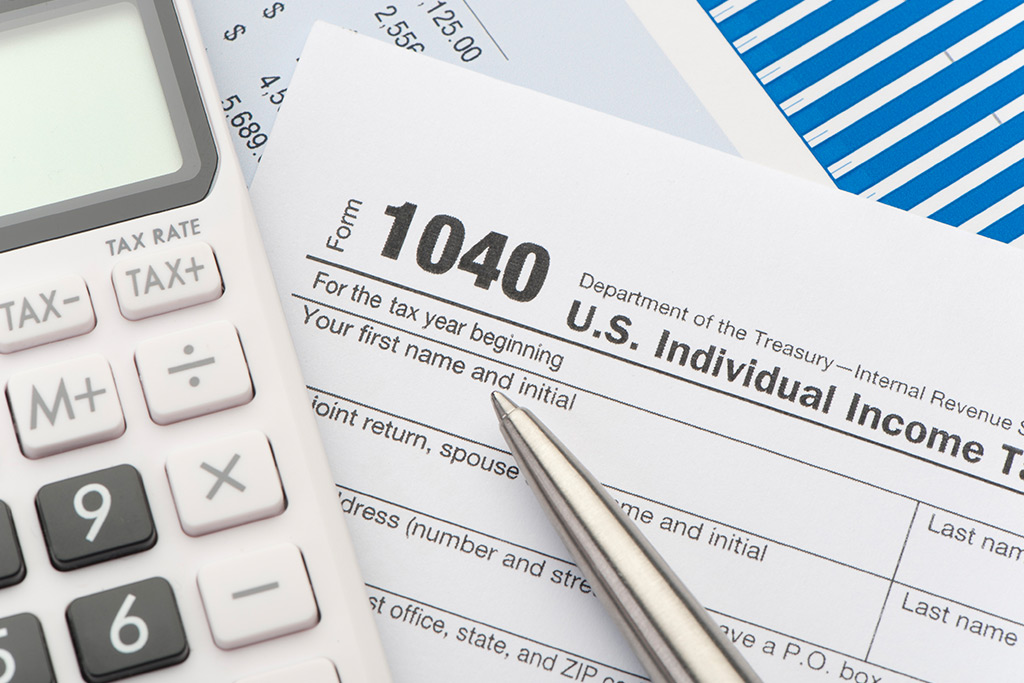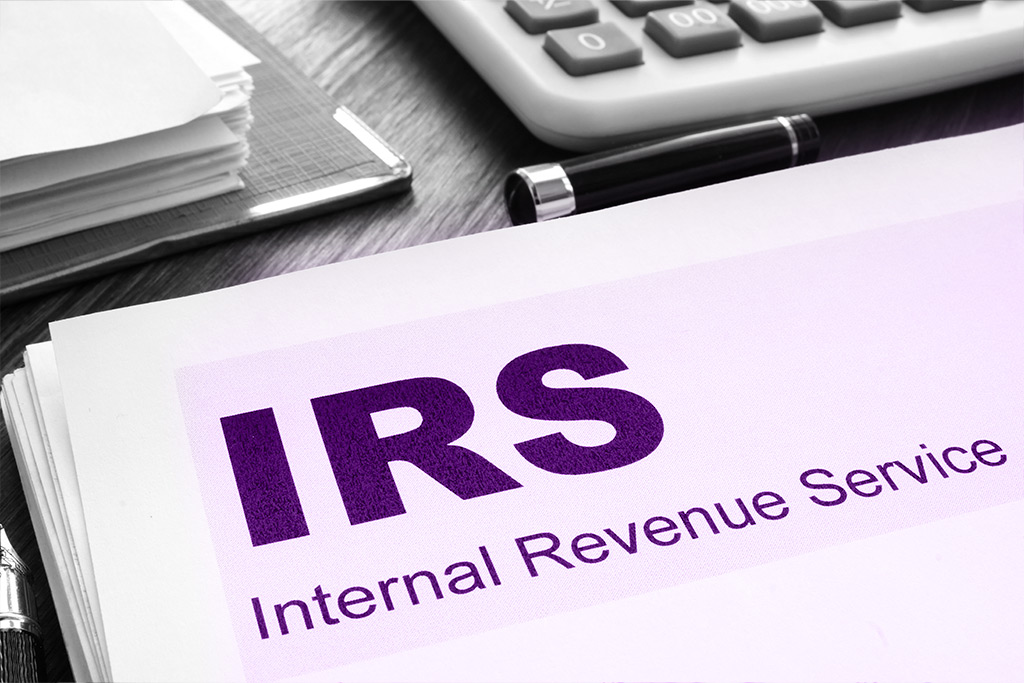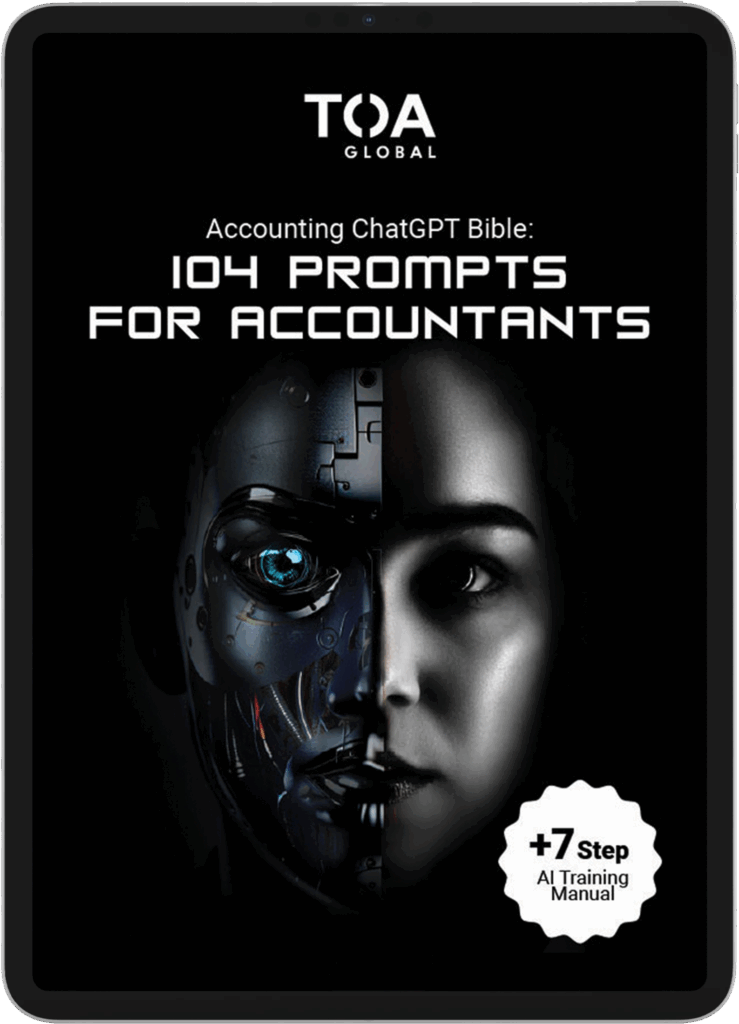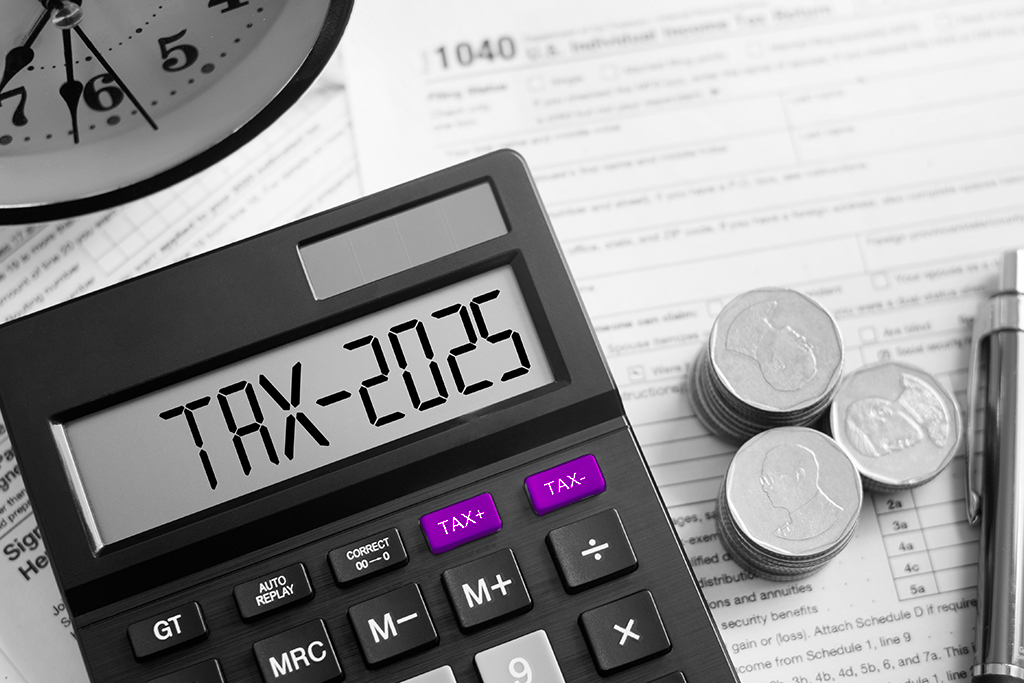I. Introduction
Tax season in the United States comes with a strict calendar. So strict, missing a single date leads to costly penalties, lost deductions, or unnecessary stress. That’s why understanding key tax deadlines isn’t just good practice; it’s necessary for compliance and peace of mind.
For many individuals, businesses, and accounting professionals, the tax season is overwhelming, especially with deadlines shifting slightly from year to year. To avoid stress, we put together this guide to break down the most important tax season dates and links to year-specific resources that you can refer to throughout this crucial season.
II. Overview of Recurring Tax Season Dates in the U.S.
| Tax Season Guide Dates in the U.S. | |
|---|---|
| January | Receipt of W-2 and 1099 forms |
| April 15 | Make Q2 2024-25 super guarantee contributions |
| June 15
September 15 January 15 |
Quarterly Estimated Tax Deadlines |
| October 15 | Extension filing deadline |
III. Tax Season Dates, Guides, & Highlights (2024 - Present)
Here, we’ll direct you to in-depth, year-specific tax season guides detailing the unique aspects, significant changes, and specific deadlines for each tax year. This allows you access to the most current and relevant tax information, consolidating all your tax content into one organized space.

2025 Tax Season Guide Dates
The 2025 tax season brought with it a new set of important dates and updates to tax laws that require careful attention. We listed this year’s tax season deadlines and other resources for the 2025 tax season to serve as your guide for understanding key dates, preparing for new regulations, and keeping up with changes to tax processes.
2024 Tax Season Trends and Deadlines
The 2024 tax season presented its own set of critical deadlines and important considerations for both individual and business filers across the United States. Our comprehensive guide mapped out all the important dates and deadlines per month, to help you get a better understanding of when to file and what to prepare.
It also covered some trends and other notable changes that impacted the filing process for the year. For a complete breakdown of all key dates and detailed information, here are some of our important resources:
IV. Tools and Resources for Tax Season

Tax season relies heavily on your ability to find and use the right tools and resources. From software that simplifies filing to official government portals and other helpful organizational strategies, our list of resources allows you to streamline your tax preparation process:
Tax Preparation Software – Utilizing dedicated tax preparation software simplifies the filing process, so you are guided through each step to ensure accuracy.
Popular options like TurboTax and H&R Block offer user-friendly interfaces, cater to different filing needs, from simple individual returns to more complex business taxes. These software also provide options for both federal and state filings and offers expert assistance for more complex situations.
Financial Planning Apps: Integrating financial planning apps into your routine year-round makes the tax season smoother. Many apps allow you to categorize expenses, track income, and link bank accounts. This shows you a clear financial overview that’s especially useful when you’re preparing your taxes.
By maintaining financial records throughout the year, either by digitally scanning and saving documents or organizing physical files, you easily pull out the necessary data for your tax returns.
Official Tax Authority Resources – Direct access to official resources from tax authorities provides more accurate information and tracking. For taxpayers in the U.S., the Internal Revenue Service (IRS) provides free resources. Key among these is the “Where’s My Refund?” tool, which allows you to track the status of your federal tax refund.
The IRS website also offers publications, forms, and a frequently asked questions section to help you understand specific tax laws and requirements.
Pro tip: Utilize effective document organization. Beyond tools, keeping tax documents organized throughout the year through dedicated digital folders or well-structured physical files allows for more efficient and accurate filing. Sorting out your expenses and holding onto those yearly records means you’ll have all the info you need right at your fingertips when taxes roll around.
This disciplined approach to organizing documents allows you as an individual taxpayer to make sure you’re following all the rules and getting the most money back. If you’re an accountant, on the other hand, it means you can serve clients faster and with more efficiency.
V. Conclusion
Understanding and managing tax season dates is essential for financial health, both for individuals and businesses. The stress and penalties from missed deadlines can be easily avoided with early preparation and a good understanding of the tax calendar.
We created this guide to provide an overview of important tax dates and emphasize the need for timely filing. Explore our detailed, year-specific guides for the latest information on tax updates, challenges, and deadlines. These resources will give you the insights you need to navigate tax season effectively.
If you’re finding yourself swamped and struggling to keep up with client demands this tax season, we get it. We offer offshore solutions to help you take on more clients without the extra overhead. Let’s talk about how we can boost your accounting firm’s capacity today.



















